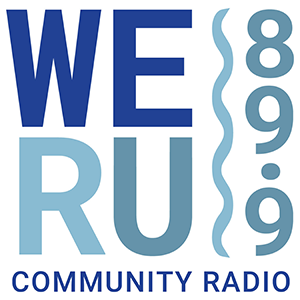Producer/Host: Ron Beard
Studio Engineer: Amy Browne
The backdrop for the action of the novel is the period in Charleston, following defeat of the Confederate army by the Union. Referred to as “redemption” by the those who supported “the Lost Cause”, you write of this time as a reassertion of the violence that kept slavery in place. What are the key elements of that period?
You write that the violence that underlies that geography and that time was rooted in “700 years of border wars between Scotland and England”, codes of honor for both the upper and under classes (dueling), and the need to keep slaves from rebellion.
You link violence against former slaves to violence by which some men hold women in place… both patterns continue to thrive today. Drawing from real life, you use one of Dawson’s neighbors to illustrate the misogyny of that time, a Dr. McDow. In what ways does your story allow him to represent underlying attitudes about women?
As a New Englanders, I suppose you and I absorbed the notion that our nation was founded on principles of justice… all being equal and encouraged to pursue life, liberty and happiness…. that there was an honest and virtuous basis for the rule of law. Is Dawson’s Fall an admission of how far we have all fallen from the ideals and values that we aspire to in our nation’s story?
Guest:
Roxana Robinson, is author of Dawson’s Fall, published by Sarah Crichton Books / FSG in 2019. Roxana is the author of five previous novels, including Sparta and Cost; three collections of short stories; and the biography Georgia O’Keeffe: A Life. . She was president of the Authors Guild from 2014 to 2017. She teaches in the Hunter MFA program and divides her time among New York, Connecticut, and Maine.
Podcast: Play in new window | Download



 Donate to WERU Today!
Donate to WERU Today!